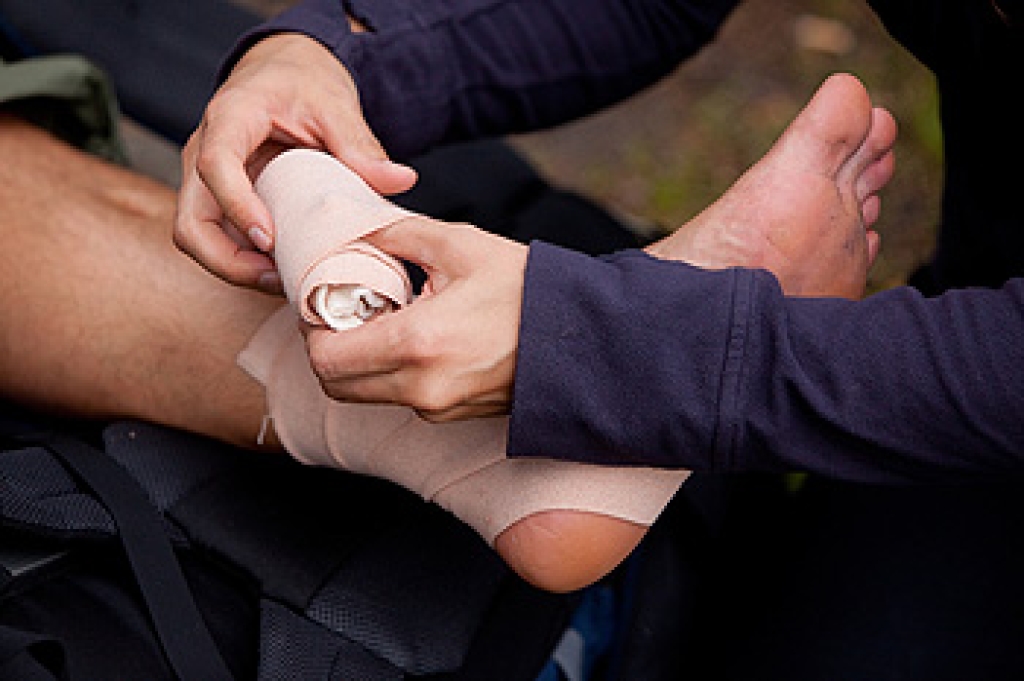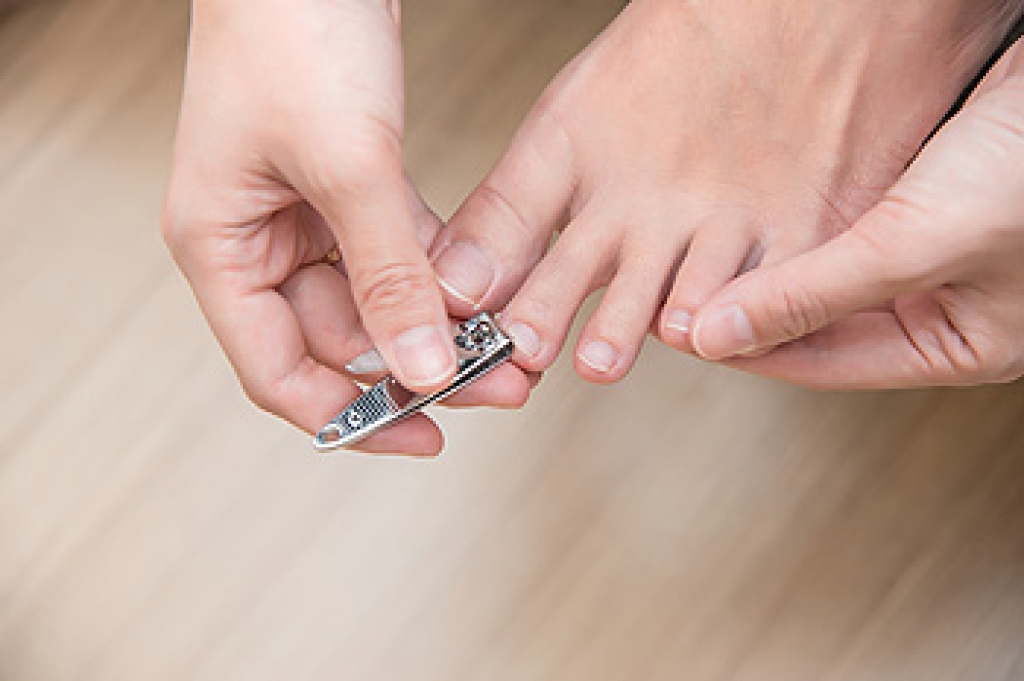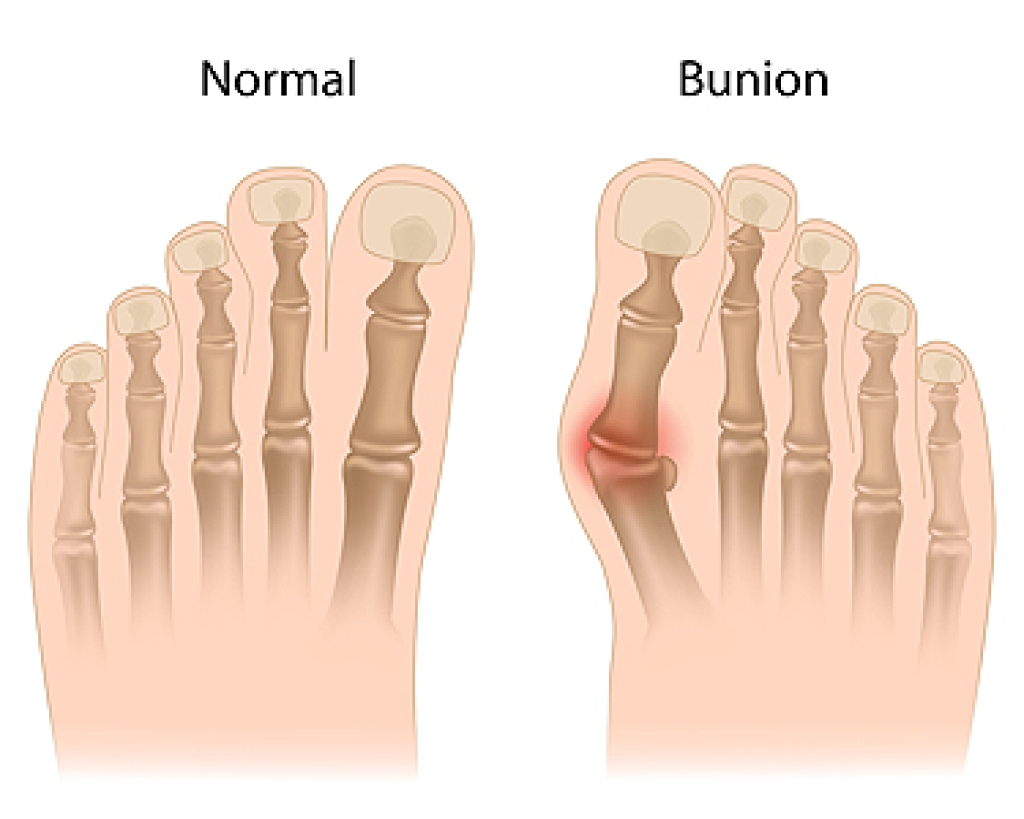 A sprained ankle typically implies that the ankle's ligaments have been torn or twisted. It is considered to be one of the more common foot injuries and is frequently observed in runners or people who partake in any kind of jumping activities. Severe and excruciating pain is often associated with this type of injury, which may make it difficult to walk. Redness and swelling may be noticeable in the affected area of the foot, in addition to the surrounding area appearing bruised. Resting and elevating the ankle may alleviate a portion of the discomfort, and utilizing a compression bandage may curb the swelling. A proper diagnosis will often consist of an X-ray to eliminate the possibility of a fracture. Please consider seeing your podiatrist if you have sustained a sprained ankle.
A sprained ankle typically implies that the ankle's ligaments have been torn or twisted. It is considered to be one of the more common foot injuries and is frequently observed in runners or people who partake in any kind of jumping activities. Severe and excruciating pain is often associated with this type of injury, which may make it difficult to walk. Redness and swelling may be noticeable in the affected area of the foot, in addition to the surrounding area appearing bruised. Resting and elevating the ankle may alleviate a portion of the discomfort, and utilizing a compression bandage may curb the swelling. A proper diagnosis will often consist of an X-ray to eliminate the possibility of a fracture. Please consider seeing your podiatrist if you have sustained a sprained ankle.
Ankle sprains are common but need immediate attention. If you need your feet checked, contact one of our podiatrists from PA Foot & Ankle Associates. Our doctors can provide the care you need to keep you pain-free and on your feet.
How Does an Ankle Sprain Occur?
Ankle sprains take place when the ligaments in your ankle are torn or stretched beyond their limits. There are multiple ways that the ankle can become injured, including twisting or rolling over onto your ankle, putting undue stress on it, or causing trauma to the ankle itself.
What Are the Symptoms?
- Mild to moderate bruising
- Limited mobility
- Swelling
- Discoloration of the skin (depending on severity)
Preventing a Sprain
- Wearing appropriate shoes for the occasion
- Stretching before exercises and sports
- Knowing your limits
Treatment of a Sprain
Treatment of a sprain depends on the severity. Many times, people are told to rest and remain off their feet completely, while others are given an air cast. If the sprain is very severe, surgery may be required.
If you have suffered an ankle sprain previously, you may want to consider additional support such as a brace and regular exercises to strengthen the ankle.
If you have any questions please feel free to contact one of our offices located in Allentown, Easton, Northampton, and Chew Street in Allentown, PA . We offer the newest diagnostic tools and technology to treat your foot and ankle needs.




